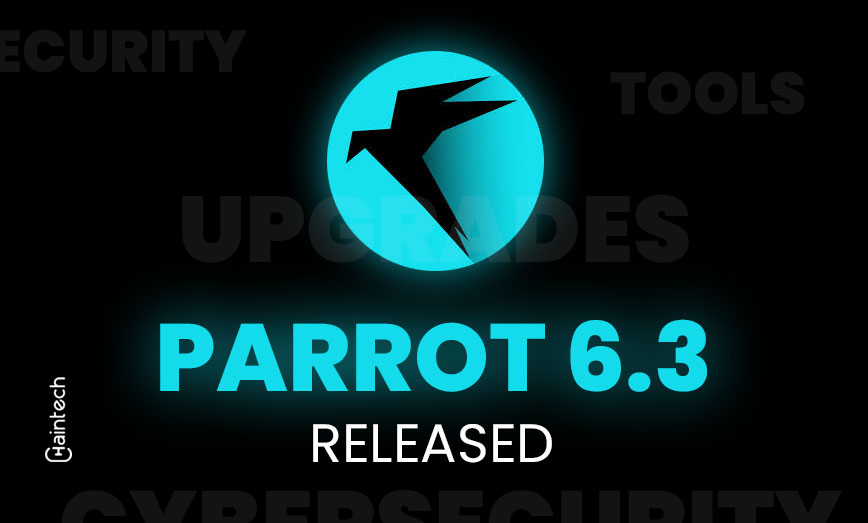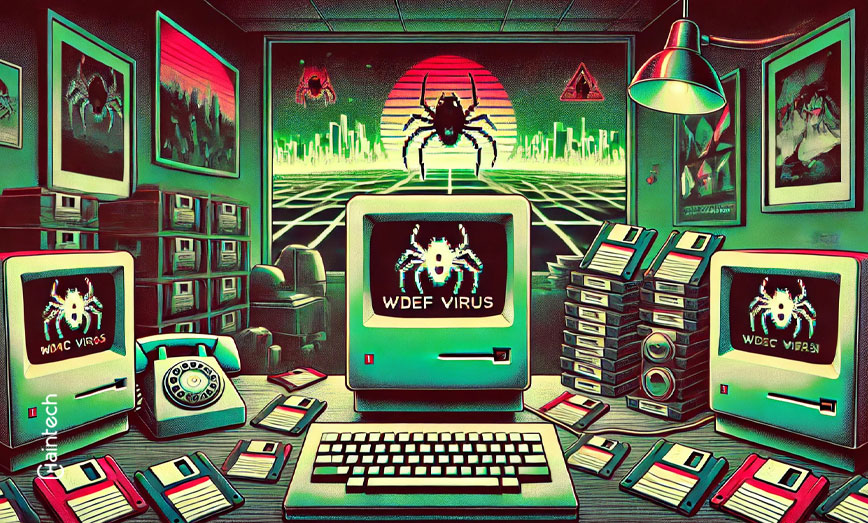The fast-changing digital realm makes secure software development an essential need today. Applications remain perpetually at risk from cyberattacks that exploit code vulnerabilities to enable attacker access. Organizations use secure coding guidelines to develop applications that protect against security breaches and fulfill application regulatory requirements.
Byteosphere, as a security testing frontrunner, delivers security code reviews alongside secure coding guidelines to assist organizations in developing applications that are secure throughout every development stage. The combination of development lifecycle security framework integration with best practice implementation enables organizations to achieve a substantial reduction in system vulnerabilities with stronger application security.
What Are Secure Coding Guidelines?
Secure coding guidelines present a system of security practices combined with development methods that developers can use to write safe, compact, and error-free code. The guidelines establish methods for application protection that avoid security weaknesses while stopping injection attacks alongside buffer overflows and insecure authentication and data leakage issues.
Key aspects of secure coding principles include:
- Developers need to focus on producing code that remains secure and maintainable.
- Enforcing access controls and authentication.
- Compliance standards focus on data security measures alongside encryption systems.
- Applications must follow security guidelines from OWASP and NIST alongside the requirements of ISO/IEC 27001.
An organization should perform ongoing security code assessments and automated testing operations.
Why Secure Coding Guidelines Matter?
-
Prevents Common Security Vulnerabilities
Adhering to structured secure coding practices enables developers to prevent standard security issues, including SQL injection faults, cross-site scripting (XSS), and broken authentication problems.
-
Strengthens Compliance and Regulatory Requirements
Organizations benefit from legal and financial protection by maintaining standards that support GDPR together with ISO 27001, PCI DSS, and HIPAA requirements.
-
Enhances Software Stability and Performance
Applications built using secure coding methods achieve greater efficiency since they produce more consistent software with fewer errors, which delivers improved performance.
-
Sustained cost-saving results from security fixes
Security fixes require less expensive resources when developers identify and resolve them before product deployment.
-
Builds Trust and Confidence
Data confidentiality, together with integrity, ensures user trust through secure software implementations.
Byteosphere’s Approach to Secure Coding
Byteosphere delivers security practices across every phase of the software development lifecycle while maintaining application security as its core development objective. Their Secure Coding Guidelines service includes:
-
Security-Centric Development Training
Through its developer training programs, Byteosphere educates development teams about security through best practices so they can reduce security threats effectively.
-
Automated and Manual Code Review
Byteosphere reveals potential vulnerabilities during early development using automated analysis tools alongside human specialist inspectors.
-
Industry Compliance and Framework Alignment
Byteosphere monitors coding standards through OWASP Top 10 and NIST, ISO 27001, and CIS benchmarks to fulfill compliance requirements for industry security protocols.
-
Secure Software Development Lifecycle (SSDLC) Implementation
Byteosphere allows organizations to combine efficient application development and deployment processes because it integrates security as part of their continuous integration and continuous deployment pipelines.
-
Comprehensive Security Audits and Reporting
Organizations that conduct detailed security assessments receive targeted information about vulnerabilities as well as specific guidance to address those issues.
Key Secure Coding Practices for Developers
The adoption of secure coding standards decreases the number of software vulnerabilities to which organizations are exposed. Byteosphere recommends the following best practices:
-
Input Validation and Sanitization
- Security survives through the practice of always validating all incoming user data to stop injection attacks.
- To limit data input, organizations should prioritize whitelisting over blacklisting.
-
Secure Authentication and Authorization
-
- Implement multi-factor authentication (MFA).
- You need to grant minimum permissions only to users through least privilege access principles.
-
Secure Data Storage and Encryption
- Encrypted formats should be used for building storage of sensitive information.
- Employ powerful cryptographic encryption protocols when protecting data assets.
-
Error Handling and Logging
- Users should not see detailed error reports.
- Make sure you protect your log files from unauthorized access.
-
Secure API Development
- Use token-based authentication (OAuth, JWT).
- API requests need validation, and rate limiting should be activated.
Software development safeguards from threats through Byteosphere
-
Expert Security Code Reviews
The code review services at Byteosphere utilize both artificial intelligence analysis, together with expert manual inspections to discover and eliminate security issues.
-
Custom Secure Coding Policies
Organizations obtain specific secure coding guidelines that match their industrial sector as well as their chosen development environments.
-
Hands-On Developer Training
Byteosphere delivers extensive development training that teaches programmers foundational principles of secure application-building practices.
-
Continuous Security Integration
Byteosphere delivers ongoing security validation through the integration of security within its DevSecOps workflow.
-
Real-Time Threat Mitigation
Surprise security tactics applied at businesses allow threat apprehension that stops attacks from disrupting operational activities.
The Future of Secure Coding with Byteosphere
The practice of secure coding operates as a fundamental business requirement rather than a passive administrative choice. Businesses that implement Byteosphere's Secure Coding Guidelines can build secure applications capable of both compliance and resistance against modern cyber threats.
Businesses that invest in secure software development today will defend against upcoming cyber threats and maintain lasting operational stability while staying compliant and winning customer trust. A strategic partnership with Byteosphere helps your organization achieve both enhanced software security defenses while remaining ahead of emerging security threats.

































 Building Secure Software: The Importance of Secure Coding Guidelines
Building Secure Software: The Importance of Secure Coding Guidelines



















































